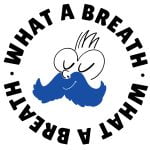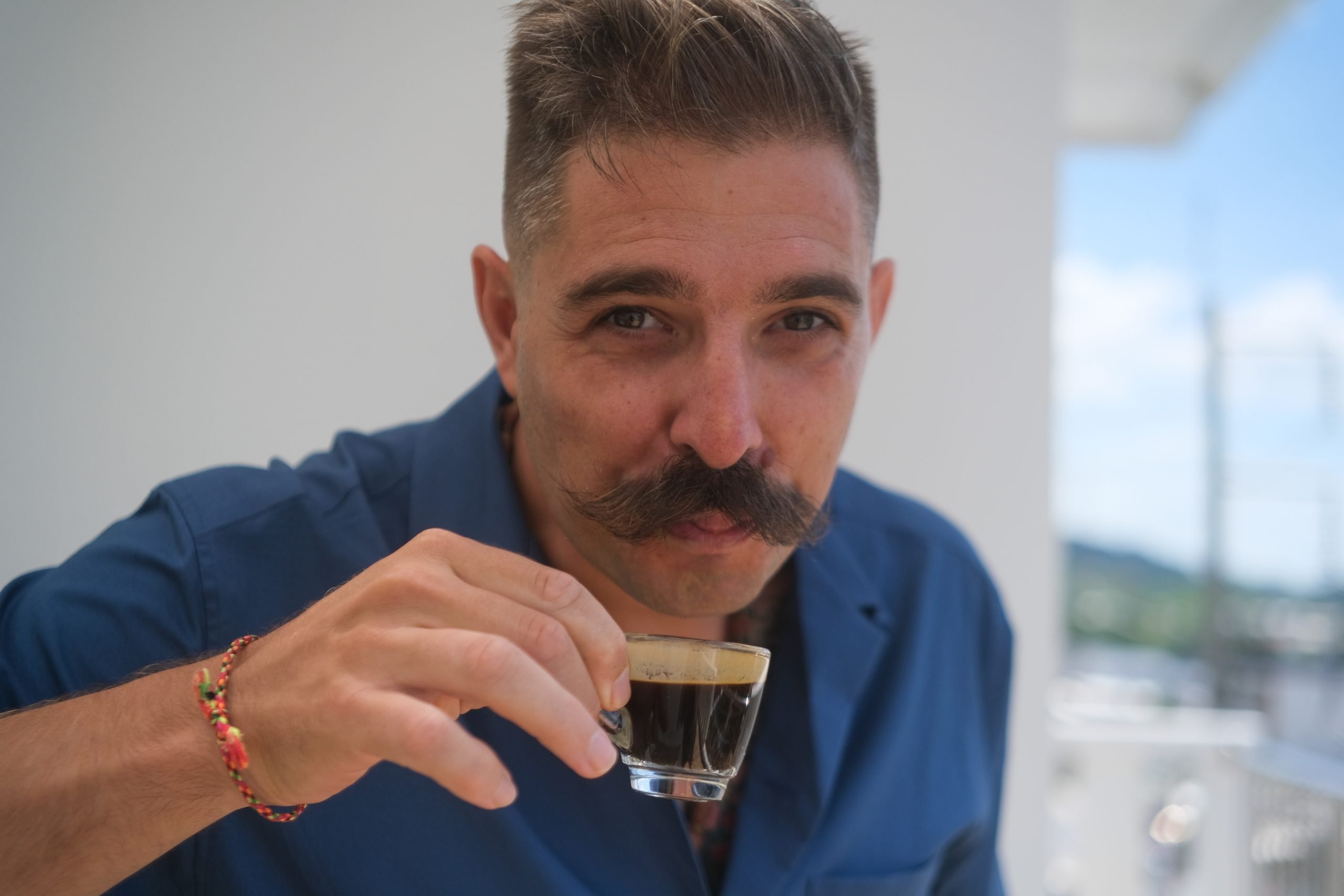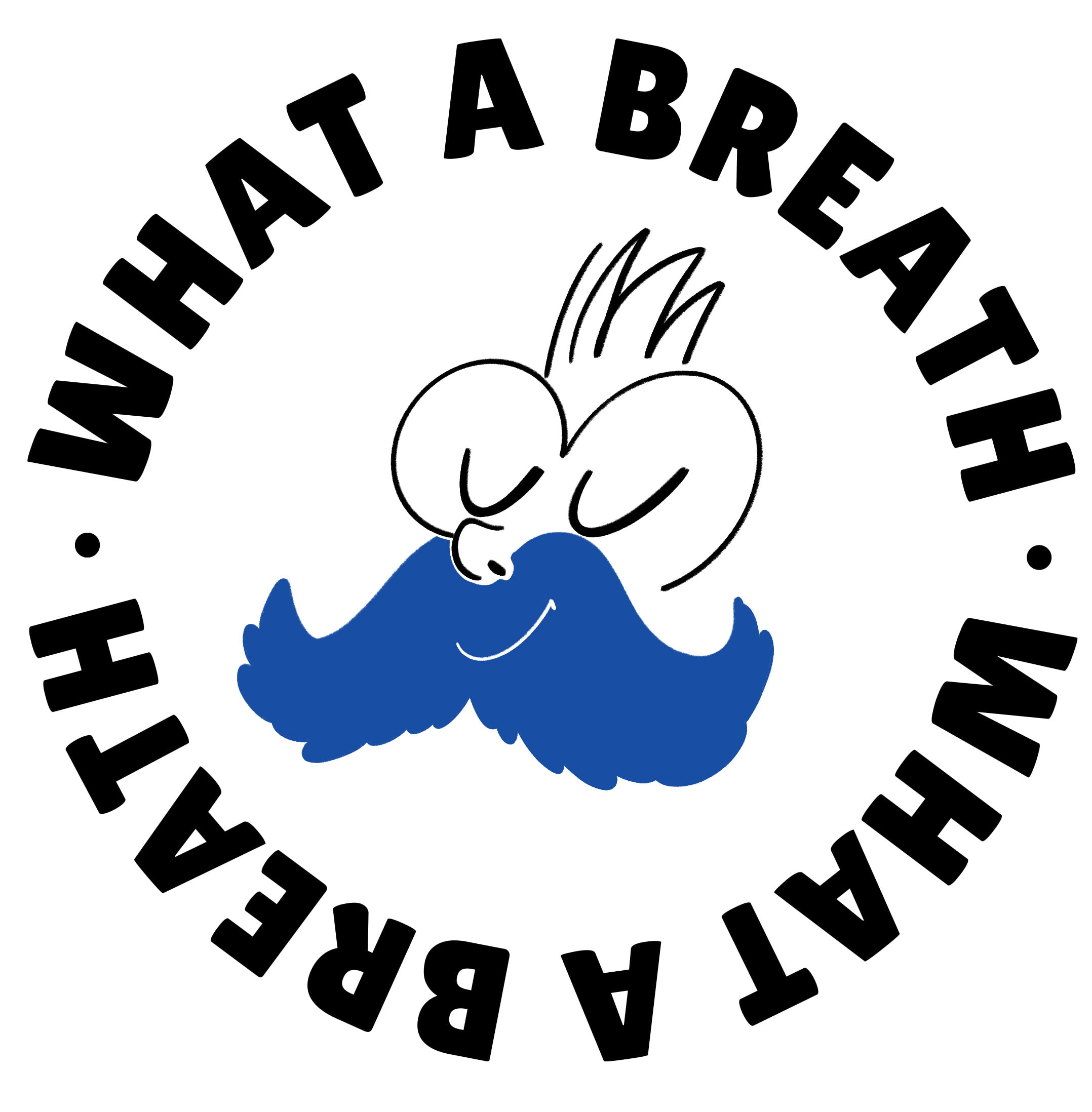Immagina di aprire il rubinetto della doccia, girarlo verso il freddo e lasciarti avvolgere da quell’impatto gelido. Non è un esercizio di masochismo, ma una pratica che sta conquistando atleti, biohacker e semplici curiosi in tutto il mondo. Dietro c’è il Wim Hof Method, meglio conosciuto come “The Iceman”, l’uomo che ha reso la doccia fredda non solo una sfida mentale, ma anche uno strumento di benessere.
Il fascino della doccia fredda non è nuovo. Popoli antichi e tradizioni nordiche ne hanno fatto parte della loro cultura per secoli. La novità introdotta da Hof è stata quella di codificare una metodologia che combina respirazione, esposizione al freddo e concentrazione mentale, trasformando un gesto quotidiano in una pratica di crescita fisica e mentale.
Benefits of the cold shower according to the Wim Hof method
Il primo beneficio che molti notano è la sensazione di energia immediata. Appena l’acqua ghiacciata tocca la pelle, il corpo reagisce con un potente risveglio del sistema nervoso. Questo “shock” positivo aumenta la vigilanza e regala una spinta di vitalità che può accompagnare per ore.
Dal punto di vista fisico, l’esposizione al freddo stimola la circolazione sanguigna. I vasi si contraggono e poi si dilatano, creando un effetto “allenante” per il sistema cardiovascolare. Gli atleti spesso sfruttano questo meccanismo per migliorare il recupero muscolare e ridurre l’infiammazione dopo allenamenti intensi. Non è un caso che il ghiaccio sia da sempre usato per gli infortuni sportivi: la doccia fredda applica lo stesso principio, ma in modo diffuso e meno invasivo.
Sul piano mentale, la doccia fredda ha un impatto sorprendente. Resistere a quei primi secondi di gelo è una sfida di autocontrollo. Ogni volta che scegli di restare sotto l’acqua fredda stai allenando la tua resilienza. Questo “muscolo mentale” si traduce in maggiore capacità di gestire lo stress anche fuori dal bagno.
The risks not to underestimate
Naturalmente non tutto è rose e fiori. Immergersi nel freddo senza criterio può comportare rischi. Chi soffre di problemi cardiaci dovrebbe consultare un medico prima di provare. L’impatto improvviso del freddo può infatti aumentare il battito e la pressione, creando un sovraccarico per il cuore. Anche chi ha problemi respiratori o circolatori dovrebbe muoversi con cautela.
C’è poi l’errore classico di esagerare subito. Molti si fanno prendere dall’entusiasmo e cercano di resistere troppo a lungo già dalla prima volta. Il risultato? Tremori incontrollati, mal di testa o, peggio, un principio di ipotermia. Il corpo ha bisogno di abituarsi gradualmente. La doccia fredda è un allenamento: si costruisce con costanza, non con l’eroismo di un’unica prova estrema.
How to start without trauma
Il modo migliore per avvicinarsi alla doccia fredda è semplice: gradualità. Non serve buttarsi subito nell’acqua gelata. Puoi iniziare con una doccia calda e, negli ultimi trenta secondi, abbassare progressivamente la temperatura. Giorno dopo giorno aumenta il tempo e diminuisci la temperatura. In poche settimane noterai già differenze nella tua resistenza e nel tuo benessere.
Un altro consiglio utile è concentrarsi sulla respirazione. Hof insegna tecniche specifiche che aiutano a gestire lo shock del freddo. Anche senza seguire alla lettera il suo metodo, basta evitare di trattenere il respiro o respirare in modo troppo rapido. Inspira profondamente, espira con calma e lascia che il corpo si adatti.
Infine, trasforma questo rituale in un momento personale. Alcuni lo fanno al mattino per caricarsi di energia, altri dopo l’allenamento per migliorare il recupero. Non esiste un “momento perfetto” universale: conta la costanza e la capacità di ascoltare il proprio corpo.
Conclusion
La doccia fredda secondo il metodo Wim Hof non è una moda passeggera. È un approccio che unisce fisiologia, psicologia e disciplina personale. Offre benefici reali, ma richiede rispetto e consapevolezza. Non è una gara a chi resiste di più: è un percorso di esplorazione delle proprie risorse interiori. Che tu sia un atleta in cerca di recupero più rapido o semplicemente una persona curiosa di sperimentare nuovi modi per stare meglio, l’acqua fredda può diventare una potente alleata.






